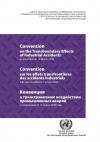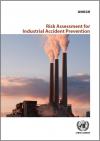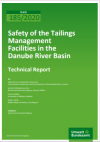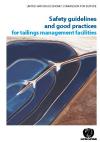Industrial accidents
Introduction
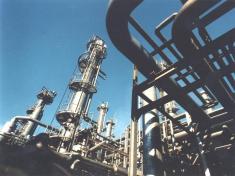
Industrial accidents can have severe consequences on human health and the environment, including in other affected countries. The accidents in Schweizerhalle, Switzerland, and Baia Mare, Romania, have brought this message home. The Convention on the Transboundary Effects of Industrial Accidents helps Parties to prevent industrial accidents that can have transboundary effects and to prepare for, and respond to, accidents if they occur.
In focus
Upcoming Events
27 November
Geneva
Switzerland
Recent Events
24 - 26 September
Online and Tashkent, Uzbekistan
24 September
Online and Tashkent, Uzbekistan
and online
17 - 18 September
Online and Dushanbe Tajikistan
